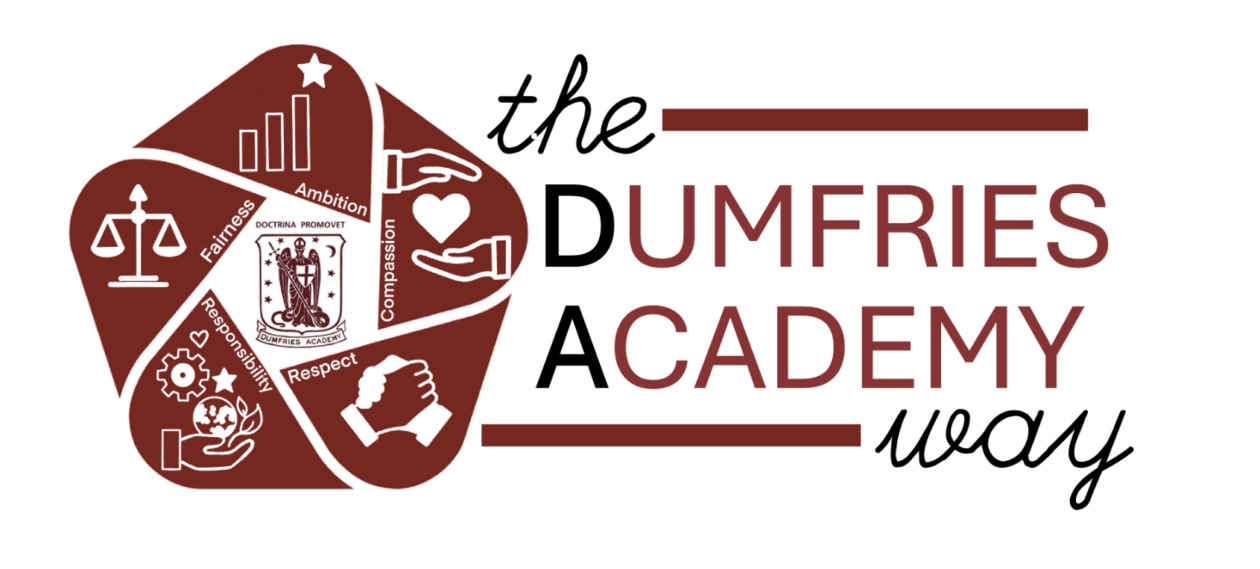Being aware of the influence of the media is an increasingly important skill in today’s society. Media plays an important role in disseminating information across the world. This subject helps pupils to analyse how media texts are created and received and develop critical skills to begin to question media mass communication, rather than simply accepting it at face value. Pupils also learn how to research, plan, create and evaluate their own media texts. Different forms of media studied could include: films, television programmes, newspapers, magazines, animation or advertising.
This subject also extends language and communication skills and complements the study of English.
National 4
Pupils will learn about:
- Analysing Media Content – develops analysis skills, develops knowledge of the key aspects of media literacy: genre, representations, narrative, language, audience, society and institutions.
- Creating Media Content – develops the skills to plan and create straightforward media content and comment on production processes. Pupils will use the skills gained from analysing media to create their own media products.
- Added Value Unit – allows pupils to apply the skills they have developed in the rest of the course. Learners analyse, plan, create and evaluate media content (storyboards / advert / trailer / short film) on a chosen topic that develops their personal interests.
To gain a course award in National 4 Media, pupils must pass 3 units. These are all internally assessed:
- Analysing Media Content
- Creating Media Content
- Added Value Unit: Media Assignment
National 5
The course entails analysing media texts and creating your own media texts. Pupils will study a range of media texts, primarily film, TV and advertising. The media assignment, 50% of the final mark, involves planning, creating and reviewing your own film. There is also an external examination.
Pupils will learn about:
- The Key Aspects of Media – Categories, Representation, Language, Narrative, Audience, Society, Institutions, and how to apply and analyse these in media texts
- The Roles of the Media – Achieving Purposes, Meeting Needs, Influencing Behaviour & Attitudes, and evaluate how these roles are achieved in media texts
- Creation and Production skills – researching, storyboarding, planning, acting, directing, filming, editing etc.
National 5 Media is assessed through an external exam in which pupils answer questions on the key aspects of media texts studied in class and analyse an unseen poster (50%) . The remaining 50% is assessed through an assignment, submitted to the SQA, in which pupils research, plan, create and evaluate their own Media content (trailer or short film).
Higher
The course entails analysing media texts and creating your own media texts. Pupils will study a range of media texts, primarily film, TV and advertising, and develop skills in comparative analysis. The media assignment, 50% of the final mark, involves planning, creating and reviewing your own film. There is also an external examination, with 2 papers.
Pupils will learn about:
- The Key Aspects of Media – Categories, Representation, Language, Narrative, Audience, Society, Institutions, and how to apply and analyse these in media texts
- The Roles of the Media – Achieving Purposes, Meeting Needs, Influencing Behaviour & Attitudes, and evaluate how these roles are achieved in media texts
- Creation and Production skills – researching, storyboarding, planning, acting, directing, filming, editing etc.
Higher Media is assessed through 2 external exams (Analysing Media content, in which pupils answer 1 question combining the key aspects of media texts studied in class and analyse an pair of unseen posters; and the Role of the Media, in which pupils write an essay on non-fiction media texts studied in class – 50%) . The remaining 50% is assessed through an assignment, submitted to the SQA, in which pupils research, plan, create and evaluate their own Media content (trailer or short film).
Advanced Higher
Unfortunately, there is no Advanced Higher Media course.

